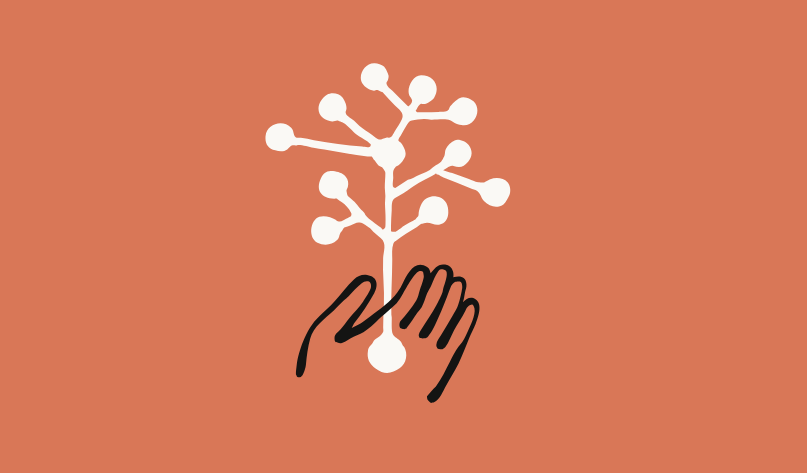Leading enterprise in the field of artificial intelligence, Anthropic, has officially launched "Claude for Life Sciences," an AI tool specifically designed for life science researchers. This tool aims to accelerate drug discovery and biomedical innovation by deeply integrating laboratory workflows.

This marks Anthropic's first official entry into the life sciences field, signifying a major transformation from general AI models to industry-specific applications. Background and Significance: Anthropic was founded in 2021 by former OpenAI executives and researchers, and its current valuation has soared to $183 billion. The company is known for its Claude series of large language models, which are highly praised for their safety and reliability. The launch of Claude for Life Sciences is based on the company's latest model, Claude Sonnet 4.5, which was released last month and performed exceptionally well in life science tasks, such as understanding lab protocols, with a score of 0.83, close to the human expert benchmark of 0.79.
According to Eric Kauderer-Abrams, head of biology and life sciences at Anthropic, the development of this tool stems from the widespread spontaneous use of the Claude model by researchers. "We saw that researchers were already using Claude to assist with isolated scientific tasks, and now it's time for us to formally build an end-to-end support system," said Kauderer-Abrams. He emphasized that Anthropic hopes Claude will become a core engine in life science work, just as it has in programming, occupying a significant share of global research processes.
The life sciences field is facing challenges of data explosion and analytical complexity. From literature reviews to hypothesis generation, data analysis, and regulatory submissions, the entire drug discovery process often takes months or even years. Claude for Life Sciences automates these steps through AI, potentially reducing long workflows to minutes, helping pharmaceutical and biotechnology companies improve efficiency. Core Features and Innovations: Claude for Life Sciences is not a newly developed model from scratch, but rather an enhanced version of the existing Claude architecture, with several new exclusive features:
- Scientific Tool Integration: Supports seamless connections with common lab platforms such as Benchling, PubMed, 10x Genomics, and Synapse.org. Researchers can directly import data and perform real-time analysis without switching applications or exporting files.
- Agent Skills and Workflow Automation: Introduces "agent skills," such as single-cell RNA sequencing quality control skills, which transform complex scientific protocols into repeatable AI workflows. Anthropic also provides a life science prompt library covering common scenarios such as literature reviews, hypothesis generation, protocol drafting, genomic data analysis, and regulatory document preparation.
- End-to-End Support: Covers multiple stages from early discovery to drug commercialization, including clinical coordination and regulatory affairs. For example, it can assist in drafting regulatory submission documents or analyzing large volumes of biological data to generate insights.
In addition, Anthropic emphasizes the transparency and auditability of this tool, particularly suitable for regulated healthcare environments. Through cloud partnerships with AWS and Google Cloud, Claude for Life Sciences is now immediately available on Claude.com and AWS Marketplace, with Google Cloud Marketplace support coming soon. The company also launched the "AI for Science" program, offering free API credits to researchers working on high-impact projects. Partnerships and Industry Impact: At the time of launch, Anthropic announced collaborations with several industry giants, further strengthening its ecosystem:
- 10x Genomics: Integrates single-cell and spatial biology analysis tools, allowing researchers to process 10x datasets using natural language through the Model Context Protocol (MCP) standard, lowering the computational barrier.
- Consulting and Implementation Partners: Including Deloitte, Accenture, KPMG, PwC, Caylent, Quantium, Slalom, and Tribe AI, helping companies adopt AI quickly. Existing clients such as Sanofi and Novo Nordisk have reported significant results: most employees at Sanofi use Claude daily, while Novo Nordisk reduced the time required for clinical document preparation from over 10 weeks to 10 minutes.
This move is not isolated. The application of AI in life sciences is accelerating: Google DeepMind's AlphaFold3 has served over 2 million researchers, while Anthropic's launch focuses on workflow integration, filling the gap between data and decision-making. Kauderer-Abrams noted, "We aim to remove technical barriers, enabling non-computational experts to achieve complex analyses through conversation." Future Outlook: The launch of Claude for Life Sciences highlights the potential of AI in the biotechnology field.
Despite ethical and regulatory challenges, Anthropic commits to prioritizing safety, ensuring the reliability and minimizing bias of the model in scientific applications. As competition intensifies, this tool may reshape the research paradigm, driving an innovation wave from basic research to clinical applications. Anthropic states that it will continue to iterate on the Claude model and expand more industry skills.
Official Blog: https://www.anthropic.com/news/claude-for-life-sciences
